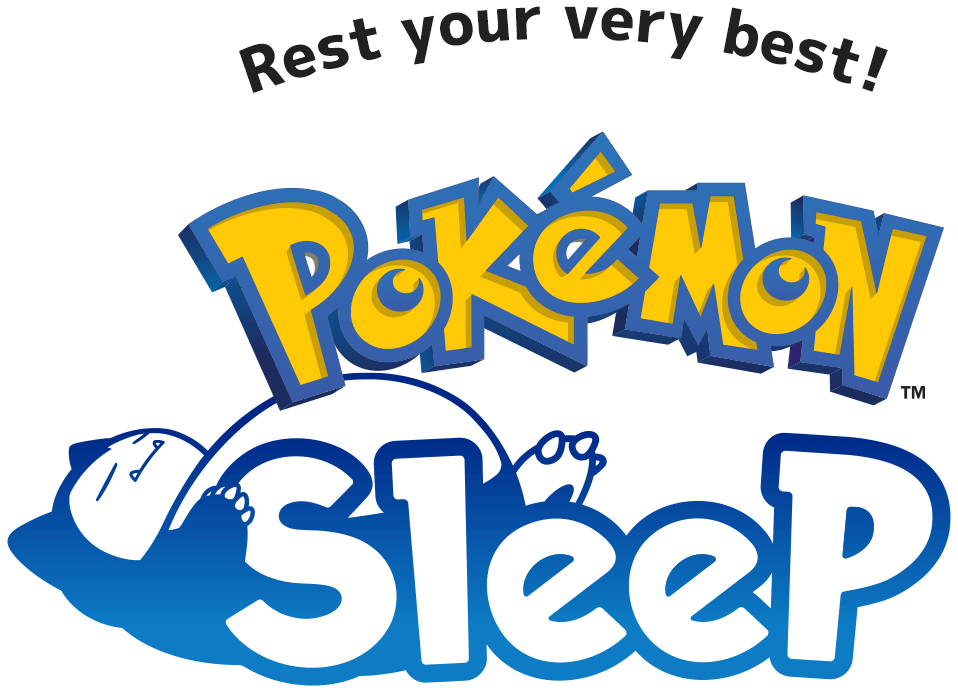Have some questions about sleep?
Why do we need sleep? What is sleepiness?
Notes:
- Pokémon Sleep is intended for entertainment purposes only and is not intended for use in detection, diagnosis, or treatment of any medical condition or disease.
- The information provided in this article—and the sleep score registered through Pokémon Sleep—does not represent or substitute for a diagnosis from a physician or health care professional, and it cannot be used as a diagnostic or therapeutic treatment for a sleep disorder. Users should seek medical attention in case they present signs or symptoms that could be associated with sleep disorders.
- Please note that the information in this article is intended for adults regarding sleep unless otherwise stated.
It seems that there are two main mysteries at the center of basic sleep research: why do we need sleep, and what is sleepiness?
●Why do we need sleep?
By sleeping, we are performing the regular upkeep of our brains. But the idea that we rest while we’re asleep may in fact be a misconception. This is because our brains continue to be active even while we’re sleeping. Observing the nerve cell activity in the cerebral cortex of a sleeping person, we see that there is almost no difference from its activity while the person is awake. Because the nerve cells remain active, it seems a bit of a stretch to say that the brain is resting.
By the way, all animals on Earth that have nervous systems sleep.
Because we lose consciousness while we sleep, cutting us off from the outside world, sleep can be a very dangerous state for wild animals. An animal that didn’t sleep would have a significant advantage over others, but no such animal has yet been discovered. Therefore, it is thought that sleep must serve a crucial purpose that outweighs the risk it poses. But the specific details as to why we need sleep have yet to be explained.

●What is sleepiness?
Our brains are always keeping track of how long we’ve been awake. This varies from person to person, but most people become sleepy after 14 to 15 hours have passed since getting up. Our brains also keep track of the cumulative amount of time we’ve been awake over the past several days, and we become sleepy when that cumulative amount of time grows too long.
The only way to rid ourselves of sleepiness is to sleep. If you are tired from overwork, just lying down and remaining still might seem like it would be helpful—but if you don’t actually sleep, you will never reduce your sleepiness.
However, information such as where exactly in the brain the sleepiness mechanism is located and how it works, as well as how the brain keeps track of time, has yet to be found, and is being researched even now.
A recent theory suggests that phosphorylation, a chemical reaction with proteins in the brain, may play a role in making us feel sleepy.
Reference material: Wang, Zhiqiang, et al. “Quantitative phosphoproteomic analysis of the molecular substrates of sleep need.” Nature 558.7710 (2018): 435-439.
Kim, S.J., Hotta-Hirashima, N., Asano, F. et al. Kinase signaling in excitatory neurons regulates sleep quantity and depth. Nature 612, 512–518 (2022).
Zhou, R., Wang, G., Li, Q. et al. A signaling pathway for transcriptional regulation of sleep amount in mice. Nature 612, 519–527 (2022).





